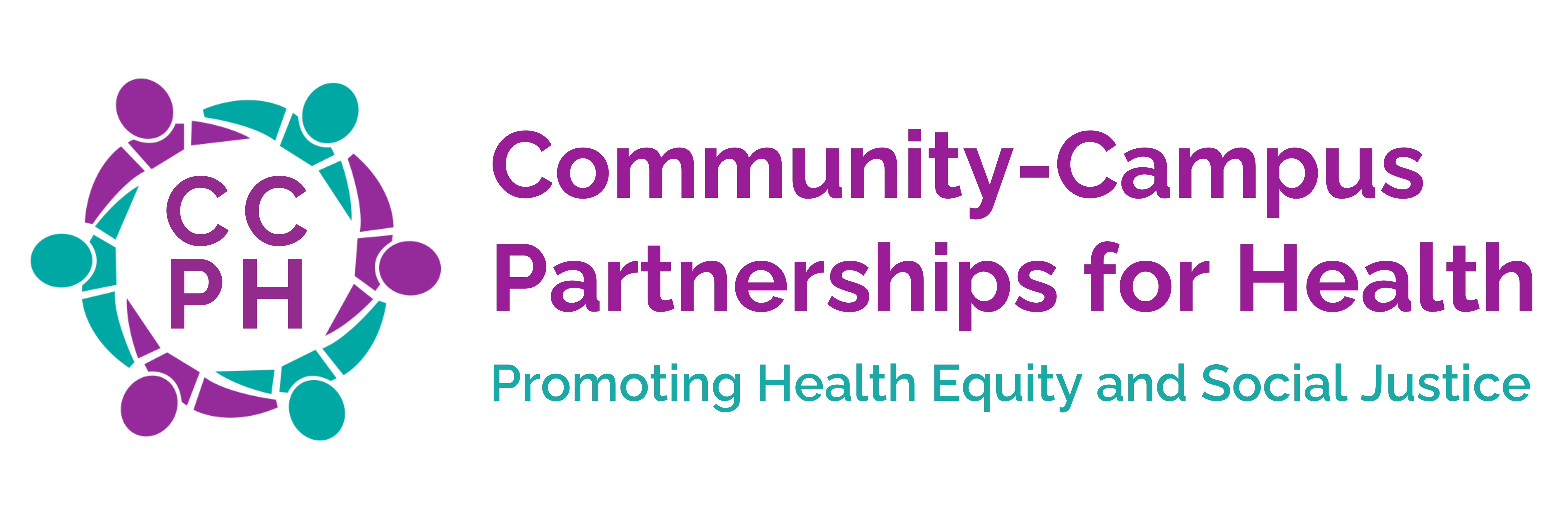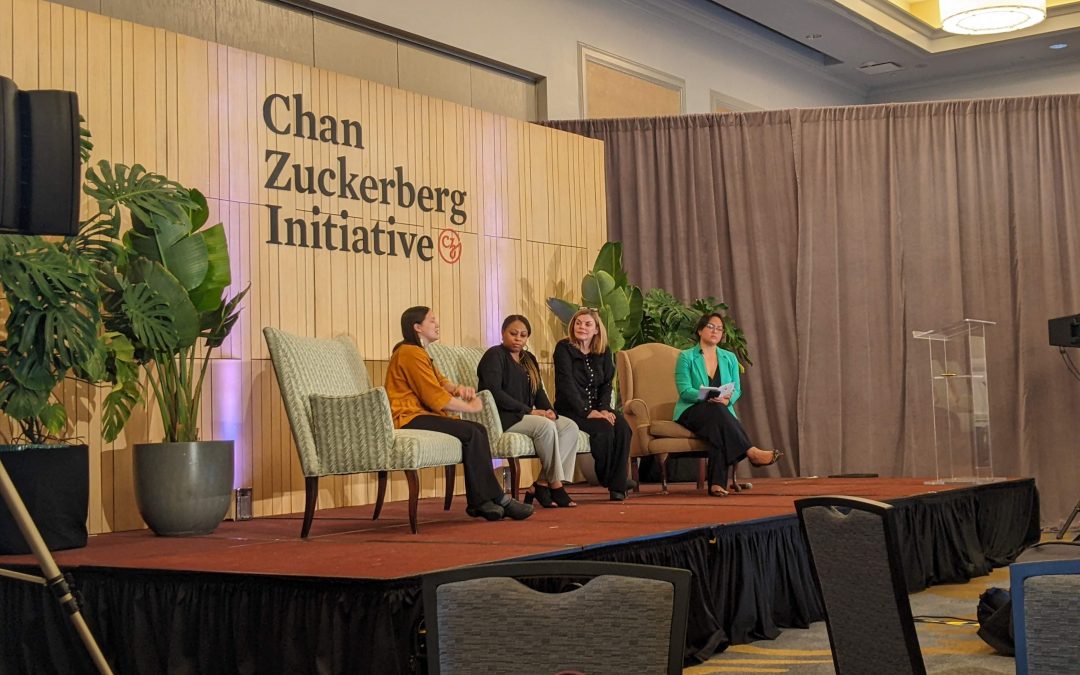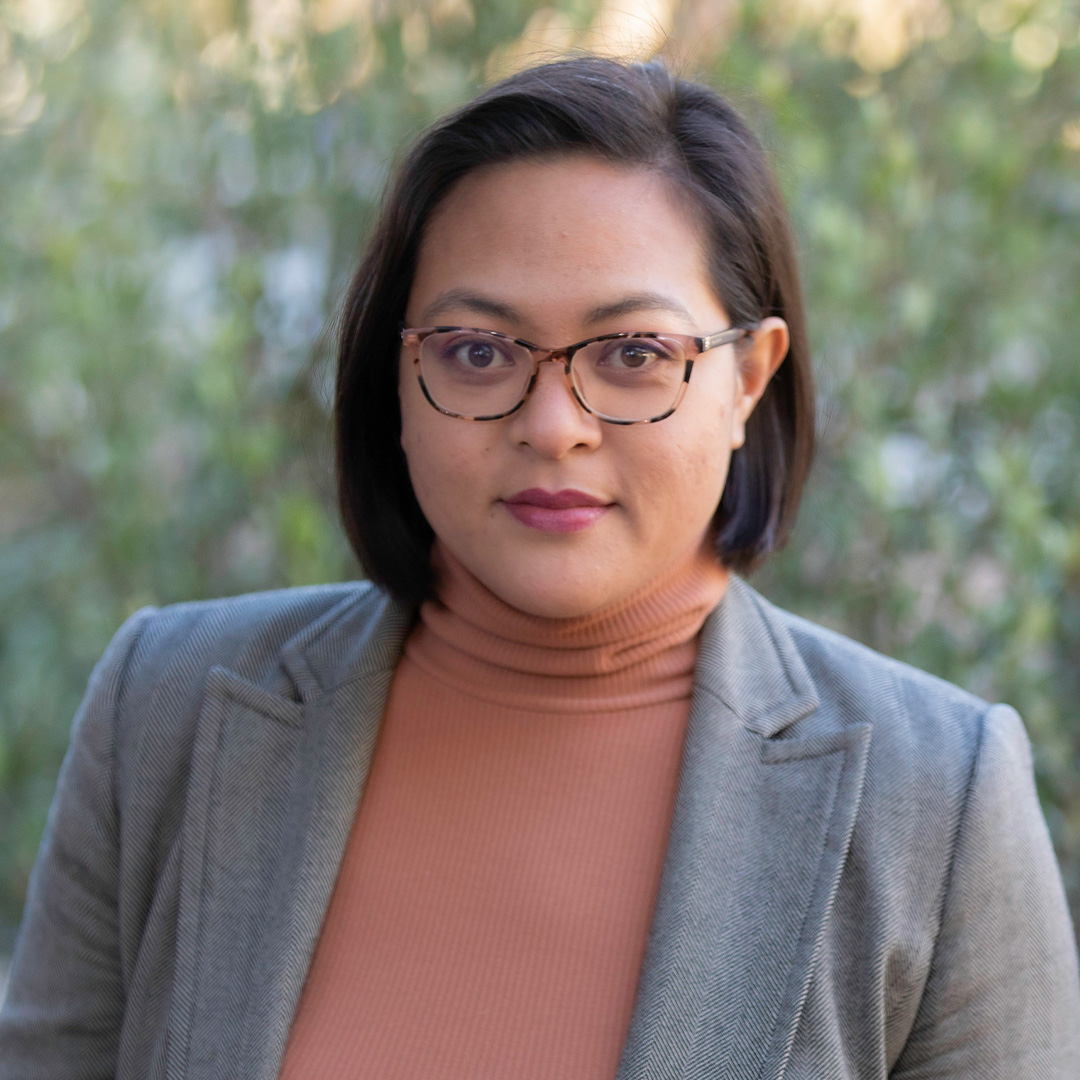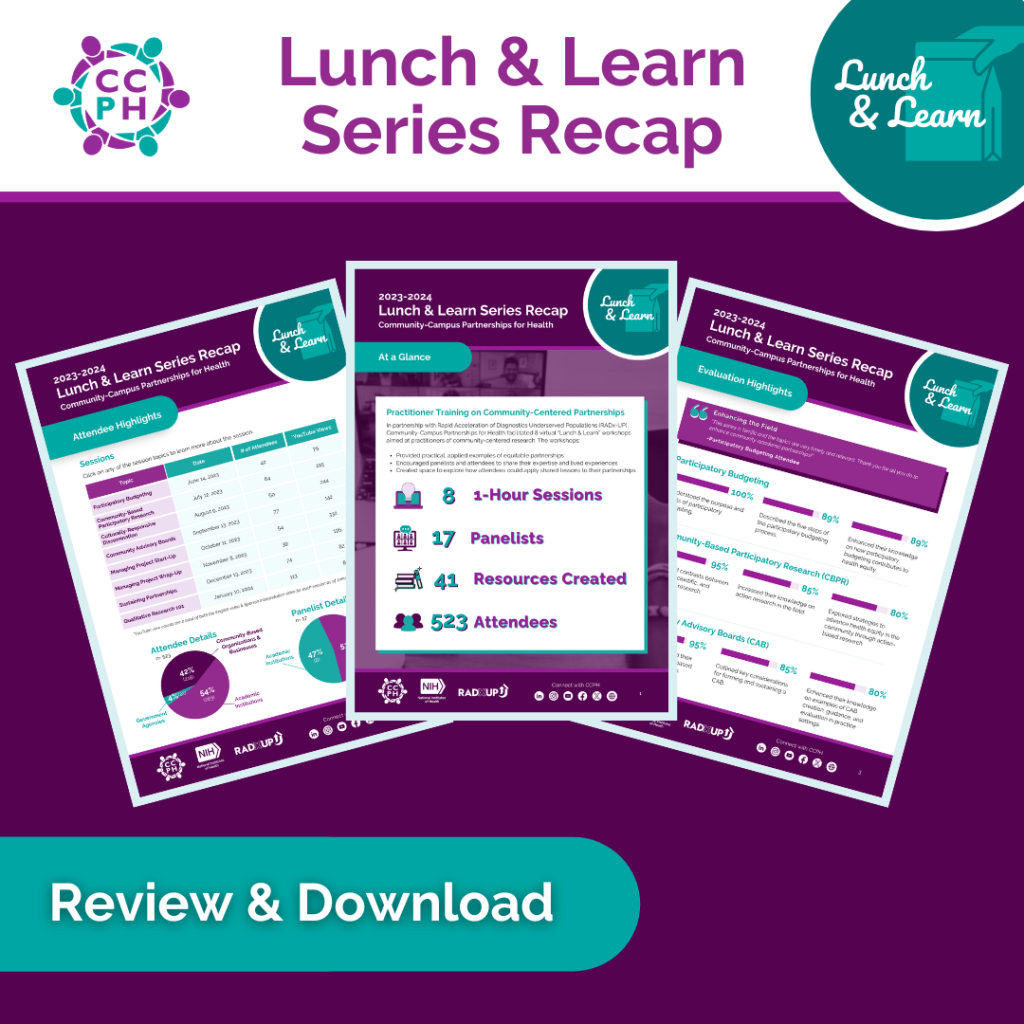Event Recap:
Community-Engaged Research Presentation at Chan Zuckerberg Initiative Single Cell Biology Annual Meeting
In the Fall of 2022, members of the CCPH team: Paige Castro-Reyes and Dr. Charisse S. Iglesias along with partners Shanell Williams, and Margaret DeAngelis presented to Chan Zuckerberg Initiative Science Grantees, specifically single-cell biologists about Community-Engaged Research.
The presentations moderator, Dr. Charisse S. Iglesias answers questions about the presentation below:
How would you describe the Community-Engaged Research presentation?
During the presentation, we myth-busted issues surrounding community-engaged research like diversity in participant recruitment, cultural humility, culturally appropriate dissemination, and historical mistrust.
What did attendees gain from watching this presentation?
Attendees gained insights and lived experiences from practitioners and researchers actively engaging in community-engaged research.
How does the Community-Engaged Research presentation connect to our work?
CCPH provides technical training through workshops and educational resources on issues surrounding community engagement, such as structural racism, historical mistrust, equitable partnerships, community-based participatory research, and cultural humility. This Community-Engaged Research panel connects to our work by partnering with new fields and settings that may benefit from community-engaged research or learn how to build trust with historically marginalized communities.
Why is a Community-Engaged Research presentation crucial to the work that the audience and panelists do?
Audience members are single-cell biologists that may or may not work with historically marginalized communities.
The team at CCPH and our partners understand that community-engaged research with the tenets of co-constructed research design and implementation, reciprocity, and trust building may not resonate with all researchers or fit into their research design and methodologies. However, we believe learning more about how research could be culturally responsive is important for every researcher working with human subjects. The panelists work toward making equitable research design alongside community partners and work on the following: diversity of recruitment teams; culturally responsive dissemination practices; transparency of benefits sharing with participants.
What made the Community-Engaged Research presentation successful?
Successful panels are conversations among talented and thoughtful leaders who graciously build on their fellow panelists’ lived experiences and insights. Our panel was successful because we intentionally built a space that encouraged vulnerability and learning. How we created the panel space is modeled after how we create the research space with our community partners.
What are the key takeaways?
Ultimately, we believe that any research won’t translate to our target communities until we learn the context of the systems. The principles of community-engaged research are descriptive in nature and are not a one-size-fits-all approach to working with historically marginalized communities. Therefore, researchers have an obligation to not treat communities as laboratories and to build authentic relationships with key stakeholders in the community through transparency, accountability, and trust building.
Tell us more about Community-Engaged Research presentation and how it relates to the work with CZI?
CCPH has facilitated four interactive workshops for CZI Science Grantees on the Fundamentals of Community Engagement, focusing on community engagement frameworks, research ethics, cultural humility, trust building, and sustainability.
What are the next steps/action steps from this presentation?
We are excited to continue to collaborate with CZI Science Grantees. We look forward to sharing more information soon.
If you are interested in learning about our dynamic trainings or would like us to hold a training with your organization, click here.
About the Chan Zuckerberg Initiative:
The Chan Zuckerberg Initiative was founded in 2015 to help solve some of society’s toughest challenges — from eradicating disease and improving education, to addressing the needs of our local communities. Our mission is to build a more inclusive, just, and healthy future for everyone. For more information, please visit www.chanzuckerberg.com.



